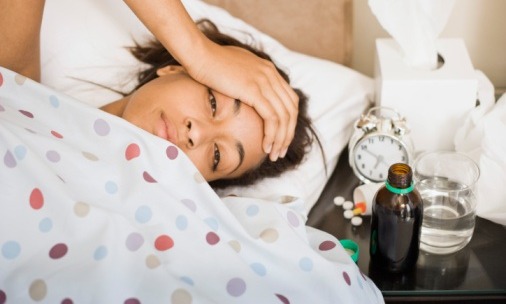As lockdown is easing up around the world, many people have concerns about returning to normalcy while continuing to avoid getting sick with corona virus.
The following questions focus strongly on how to reenter society, safely engage people, safely use public transport, and what to do if you get sick with the coronavirus.
Does interacting with people increase my risk of contracting the virus?
Please remember that interactions with a variety of people increase your risk substantially. The following scenarios may put you at an increased risk of contracting COVID-19:
Engaging with strangers or numerous people every day, such as at work or various functions.
Many individuals might have the virus but remain asymptomatic and display no symptoms but are still highly contagious. In some cases, the symptoms might not have manifested yet, but they are still able to transmit the infection to others.
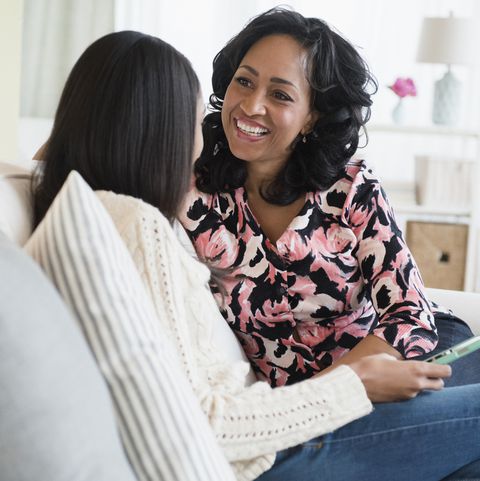
Why maintain social distance indoors and outdoors?
For months, health officials have advised people to maintain at least six feet of distance between you and others to curb the potential for spreading or catching the virus. This is true whether you are indoors or outdoors. The closer you are to another person the greater your risk contracting COVID-19.
Congregating indoors is far riskier than outdoor spaces, where it is easier to stay apart from individuals.Also, when indoors there is far less ventilation so the air can become stagnant and more laden with viral particles.

Is it dangerous to spend a lot of time with people?
There are not any set lengths of time that increase your risk, but common sense indicates that the more time you spend around people, the greater the risk. If you are wondering how long you can interact with people, then consider these situations:
- Spending an extended amount of time with people increases your risk.
- You might unknowingly be an asymptomatic carrier, so if you spend time with people then you have unknowingly put them at risk.

Can my daily activities put me at an increased risk?
Daily activities such as going to work, school, shopping, doctor appointments, or other places put you at an increased risk, so you need to make sure that you work to practice physical distancing.
In addition, you can try the following:
- Wear a face covering over your nose and mouth.
- Choose to only participate in outdoor activities.
- When picking businesses to frequent, such as stores, choose ones that have a plexiglass barrier between you and the cashier for added safety.
- Use the visual barriers in banks and other establishments to help remind yourself to socially distance from other customers.

Is it safe to use public transportation?
Using public transportation is risky. Ideally, you should practice all preventative measures such as wearing a mask and disinfecting your hands. If you can avoid travel, then you should abstain when necessary.
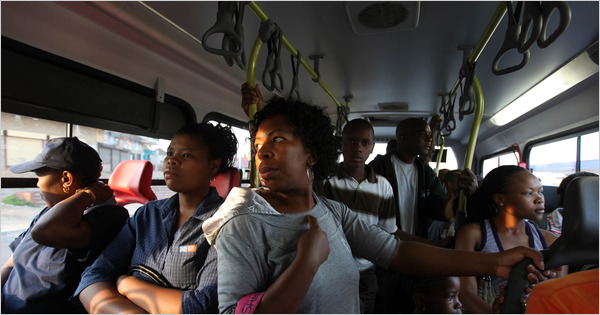
Are there risks because I live with an elderly person or someone with a chronic health condition?
If you live with older family members or individuals with underlying health conditions, then you should always take extra precautions to minimize the risk to those individuals, including yourself, so you do not accidentally bring the virus home.
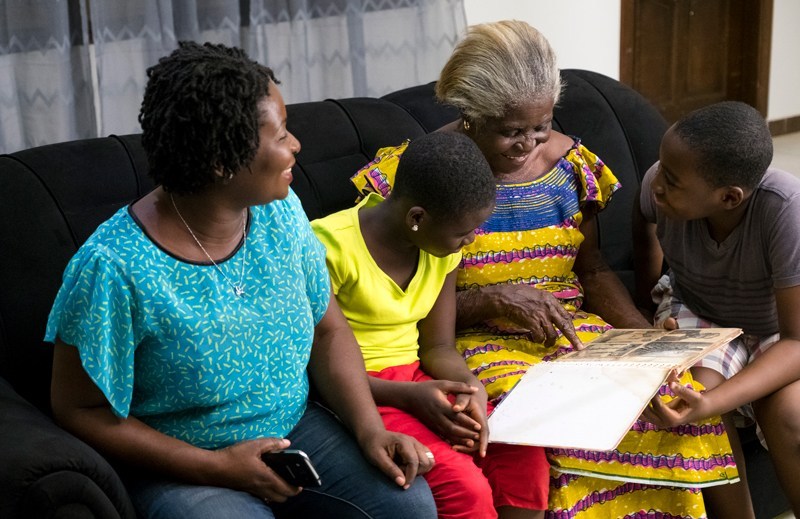
Is it dangerous to touch items shared by other individuals?
You should always limit sharing items. If you have touched something, make sure it is thoroughly cleaned and has undergone complete disinfection.
Try to only frequent establishments that thoroughly clean all surfaces regularly, such as stores which take the extra steps to wipe down the shopping carts between users or clean the store’s countertops.

What items should I carry with me to prevent the spread of the virus?
You should carry the following:
- A face covering
- Hand sanitizer that contains at least 60 percent alcohol
- Tissues to handle or grab things (and then promptly throw away the used tissue)
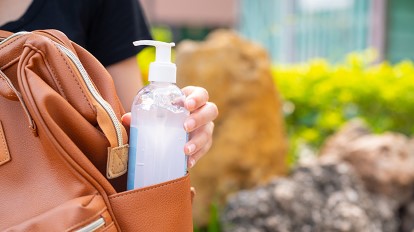
Do I have to miss work if I get sick with COVID-19?
Yes, it is imperative that you take all necessary steps to self-quarantine if you are diagnosed with COVID-19 or suspect that you might have contracted the virus. You can unknowingly spread the virus to others if you report to work. Please remember, if you start to feel critically ill then you should seek immediate medical help by contacting the NCDC or your local health authority.
